Invincible (Michael Jackson album), released on October 30, 2001, marks the final studio album from the legendary Michael Jackson. This album not only encapsulates the culmination of Jackson’s illustrious career but also stands as a testament to his undying influence in the realm of music and pop culture. Coming nearly six years after his previous album, “HIStory,” “Invincible” arrived at a time when the music industry was undergoing significant transformations, with digital media beginning to reshape how music was produced and consumed.
The release of “Invincible” was a significant event, as it represented Michael Jackson’s sustained effort to innovate and push the boundaries of his musical expression despite the changing landscape. This album was anticipated to rejuvenate his career, offering new sounds while retaining the quintessential Jackson flair that fans across the globe had come to adore. Featuring collaborations with contemporary music giants such as Carlos Santana, the Notorious B.I.G., and Slash, “Invincible” melded traditional pop with modern influences, creating a rich, eclectic mix of genres.
The significance of “Invincible” in Jackson’s career is manifold. It was not only his most expensive album to produce, reportedly costing over $30 million, but it was also his last album released before his death in 2009. This context adds a layer of poignancy to the album, as it reflects Jackson’s relentless pursuit of artistic perfection and his desire to connect with a new generation of listeners.
“Invincible” thus stands as a powerful symbol of Michael Jackson’s enduring legacy—a final statement from an artist who continually sought to redefine the boundaries of music. Its release encapsulated the spirit of an era and marked the end of the King of Pop’s direct creative contributions to the music world, leaving fans and critics alike to ponder the impact of his final artistic expressions.
| Aspect | Details |
|---|---|
| Album Title | Invincible |
| Artist | Michael Jackson |
| Release Date | October 30, 2001 |
| Significance | Final studio album, marking the culmination of Jackson’s career and a testament to his influence in music and pop culture. |
| Context of Release | Released six years after “HIStory,” during significant transformations in the music industry with the rise of digital media. |
| Collaborations | Carlos Santana, the Notorious B.I.G., Slash |
| Production Cost | Reportedly over $30 million |
| Legacy | Last album before Jackson’s death in 2009; a reflection of his pursuit of artistic perfection and connection with new generations. |
Contents
Background and Development
The period leading up to the release of Michael Jackson’s “Invincible” was marked by significant artistic evolution and personal challenges. Following the release of “HIStory” in 1995, Jackson faced various controversies that affected his public image and career. Despite these challenges, Jackson’s creative spirit remained undeterred, and he began laying the groundwork for what would become his final studio album. The six-year gap between “HIStory” and “Invincible” was the longest hiatus in his career since his solo debut, reflecting both a tumultuous period in his personal life and a deliberate artistic gestation.
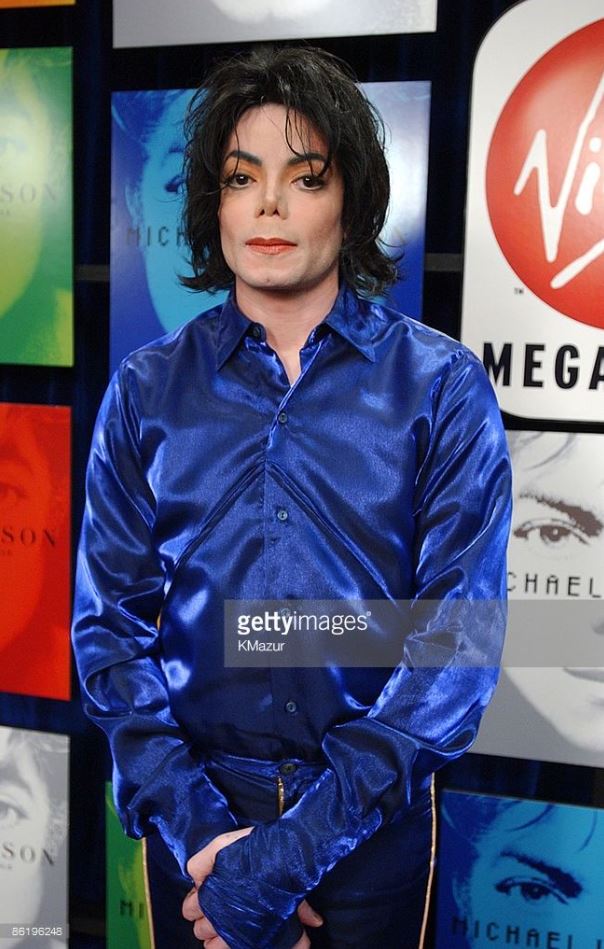
The initial planning stages for “Invincible” began as early as 1997. Jackson aimed to make a strong musical comeback that would reaffirm his status as the King of Pop. This ambition was reflected in the significant financial investment he committed to the project. With a budget that eventually ballooned to approximately $30 million, “Invincible” was poised to be one of the most expensive albums ever produced. Jackson’s vision for the album was to blend contemporary sounds with his classic style, incorporating cutting-edge production techniques to create a fresh yet familiar musical experience.
| Aspect | Details |
|---|---|
| Period Overview | The period between “HIStory” (1995) and “Invincible” (2001) was marked by artistic evolution and personal challenges, including various controversies affecting Jackson’s public image and career. |
| Creative Spirit | Despite challenges, Jackson remained creatively engaged, planning “Invincible” as early as 1997. |
| Hiatus Length | The six-year gap between his albums was his longest since his solo debut, reflecting both personal issues and artistic development. |
| Ambition | Jackson aimed to reaffirm his status as the King of Pop with a strong musical comeback. |
| Budget | The album’s budget was approximately $30 million, making it one of the most expensive albums ever produced. |
| Vision for “Invincible” | Jackson intended to blend contemporary sounds with his classic style, using cutting-edge production techniques to create a fresh yet familiar musical experience. |
Recording and Production
Recording for “Invincible” commenced in October 1997 and spanned nearly four years, concluding just eight weeks before the album’s release in 2001. The production involved a staggering array of over 100 musicians and took place in various locations, including studios in New York, Los Angeles, and Miami. This extensive recording process underscored Jackson’s commitment to achieving the perfect sound for each track, a testament to his perfectionism and dedication to his art.
The main producers for “Invincible” included Rodney Jerkins, who brought a modern R&B and pop touch to the album, and Teddy Riley, a longtime collaborator who had previously worked with Jackson on “Dangerous” and “HIStory.” These producers, among others, helped Jackson explore new musical landscapes, blending traditional pop with newer elements of urban music.
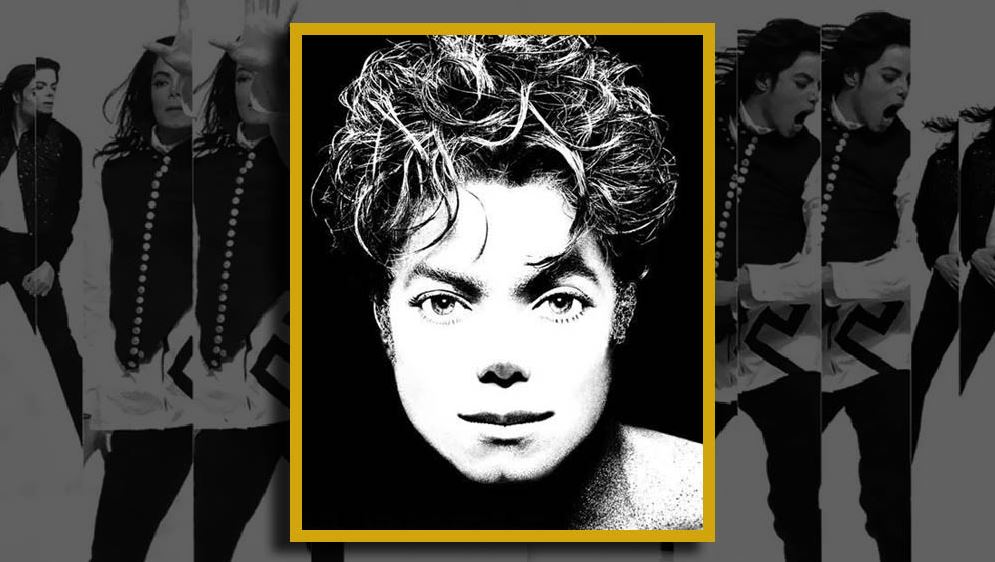
“Invincible” also featured notable collaborations that highlighted Jackson’s influence and connections within the music industry. Carlos Santana lent his legendary guitar skills to the track “Whatever Happens,” adding a Latin rock flair that complemented Jackson’s vocals. The Notorious B.I.G., who had passed away in 1997, appeared posthumously on the track “Unbreakable,” his verses adding a gritty, impactful punch to the album’s opening song. Additionally, guitarist Slash, who had famously collaborated with Jackson on previous occasions, contributed to the song “Privacy,” bringing his signature rock edge to the mix.
These collaborations were not just musical embellishments but were integral to the thematic and sonic diversity of the album. They underscored Jackson’s ability to transcend musical genres and generational divides, further cementing his legacy as a versatile and timeless artist.
The recording and production of “Invincible” were emblematic of Michael Jackson’s relentless pursuit of musical innovation. Despite the personal and professional hurdles he faced during this period, Jackson’s focus remained on crafting an album that would not only resonate with his fans but also stand as a powerful testament to his enduring artistry in the world of music.
| Aspect | Details |
|---|---|
| Recording Period | Recording for “Invincible” started in October 1997 and concluded eight weeks before its release in 2001, spanning nearly four years. |
| Production Scale | Involved over 100 musicians and took place in various studios across New York, Los Angeles, and Miami. |
| Commitment to Quality | Jackson’s extensive recording process reflected his commitment to perfect sound and his perfectionism in music production. |
| Main Producers | Rodney Jerkins and Teddy Riley were the main producers, bringing modern R&B and pop influences, as well as exploring new urban music elements. |
| Notable Collaborations | Carlos Santana on “Whatever Happens,” the Notorious B.I.G. posthumously on “Unbreakable,” and Slash on “Privacy.” |
| Impact of Collaborations | The collaborations added thematic and sonic diversity to the album, showcasing Jackson’s ability to transcend musical genres and connect across generations. |
| Legacy of “Invincible” | Despite personal and professional challenges, the album reflected Jackson’s relentless pursuit of musical innovation and is a testament to his enduring artistry. |
Music and Themes
“Invincible” is a vivid showcase of Michael Jackson’s mastery in blending various musical genres, predominantly R&B, pop, and soul. This fusion is evident throughout the album, reflecting Jackson’s ability to innovate and adapt to evolving musical landscapes while maintaining his unique sound. The album’s musical style is characterized by modern production techniques, intricate soundscapes, and, most importantly, Jackson’s distinctive vocal delivery.
The thematic content of “Invincible” is as rich and varied as its musical composition. Themes of love and romance are explored in tracks like “You Rock My World” and “Butterflies,” where Jackson’s lyrics convey deep emotional intensity and passion. On the other hand, the album does not shy away from darker, more introspective themes. Songs such as “Privacy” and “Cry” delve into issues of media intrusion, isolation, and the global need for humanitarian unity.
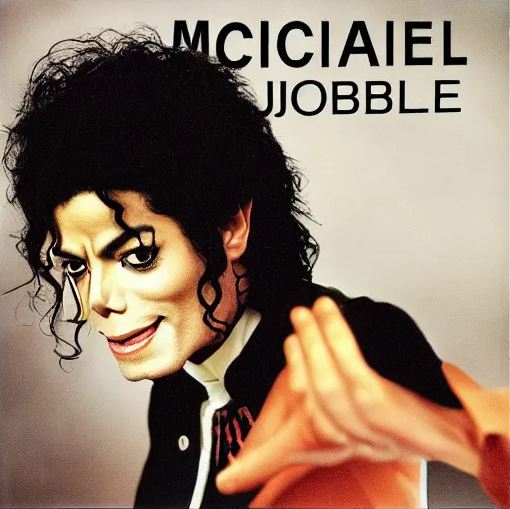
“You Rock My World,” the album’s lead single, encapsulates the classic Jackson aura—combining catchy melodies with smooth, engaging rhythms. The song’s lyrics speak of being profoundly affected by a loved one, which mirrors Jackson’s usual romantic narratives. In contrast, “Privacy” directly addresses Jackson’s struggles with constant media scrutiny, reflecting his personal battles and the broader celebrity culture’s impact on individual privacy.
| Aspect | Details |
|---|---|
| Musical Style | “Invincible” blends R&B, pop, and soul, showcasing Jackson’s mastery of diverse musical genres through modern production techniques and intricate soundscapes. |
| Vocal Style | Characterized by Jackson’s distinctive vocal delivery, which remains a defining element of his music. |
| Themes | Explores themes of love, romance, media intrusion, isolation, and the need for humanitarian unity. |
| Tracks Highlighting Love and Romance | “You Rock My World” and “Butterflies” feature lyrics that convey deep emotional intensity and passion. |
| Tracks on Darker Themes | “Privacy” and “Cry” address darker, more introspective themes such as media intrusion and the global need for humanitarian unity. |
| Lead Single | “You Rock My World” combines catchy melodies with smooth rhythms, encapsulating the classic Jackson aura. |
| “Privacy” Theme | Directly addresses Jackson’s struggles with media scrutiny and reflects broader issues of celebrity culture and privacy. |
Release and Promotion
Released on October 30, 2001, “Invincible” made an immediate impact, debuting at number one on the Billboard 200 chart. However, the album’s high production costs, reportedly around $30 million, set expectations extraordinarily high. This financial backdrop played a significant role in shaping the album’s promotional strategies and subsequent narratives within the music industry.
The promotion of “Invincible” was marked by a series of controversies and tensions, particularly between Jackson and his long-time record label, Sony Music. The relationship strained due to disagreements over the direction and promotion of the album. Jackson felt that the label did not support “Invincible” as robustly as his previous works, a conflict that culminated in a public dispute with Tommy Mottola, then CEO of Sony Music. Jackson accused Mottola of racism and of using artists for his personal gain, which added a layer of media frenzy to the album’s release cycle.
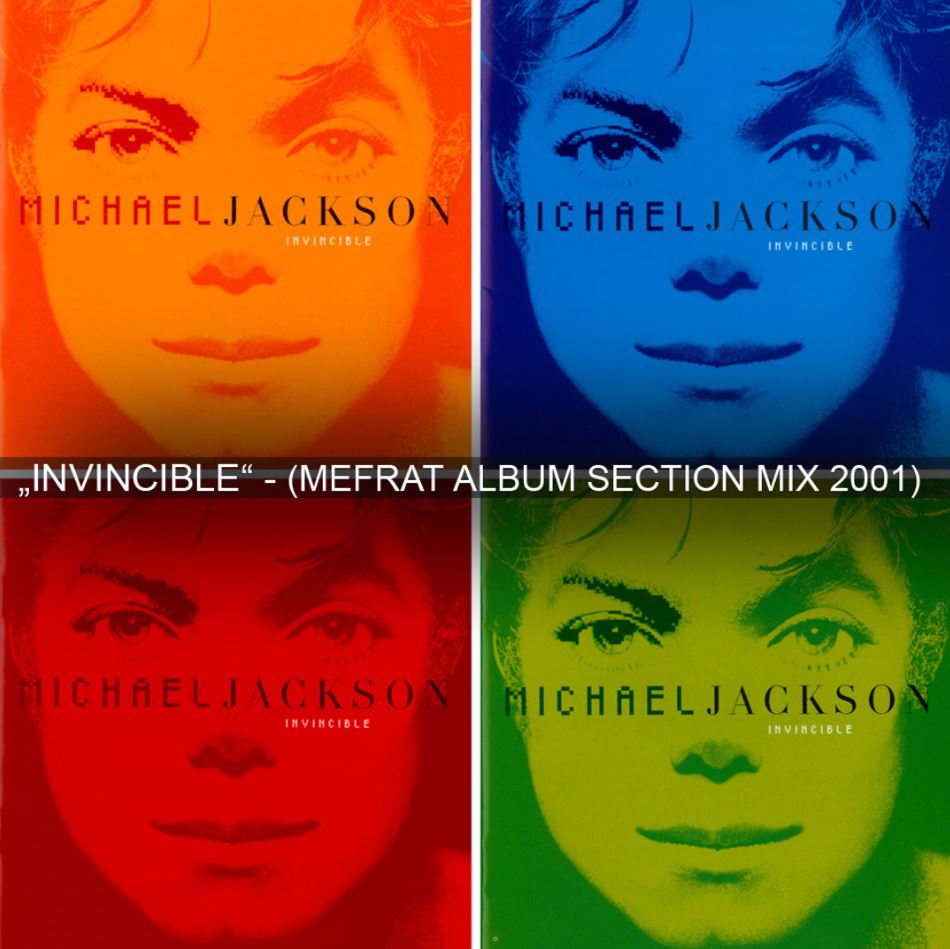
Despite these challenges, Jackson made several key promotional appearances. Notably, he performed “You Rock My World” at his 30th Anniversary Celebration concerts at Madison Square Garden in September 2001. These performances were among his last major live appearances and were broadcast globally, attracting massive audiences and contributing to the album’s initial sales spike.
The promotional efforts for “Invincible” were complex and multifaceted, involving traditional media appearances, music videos, and innovative marketing strategies. However, the rift with Sony significantly affected the album’s long-term promotional trajectory. Planned singles and further promotional tours were canceled, and the album quickly receded from public attention relative to the initial expectations.
“Invincible” stands as a testament to Michael Jackson’s enduring talent and his ability to resonate with audiences through a combination of rich musicality and deep thematic content. Despite the controversies that shadowed its release, the album captures the essence of Jackson’s artistic vision and his commitment to addressing both personal and societal issues through his music. As his final studio album released in his lifetime, “Invincible” not only reflects Jackson’s legacy but also encapsulates the complex landscape of early 2000s pop music.
| Aspect | Details |
|---|---|
| Release Date | October 30, 2001 |
| Initial Impact | Debuted at number one on the Billboard 200 chart. |
| Production Costs | High production costs of approximately $30 million set extraordinary expectations. |
| Promotional Controversies | Marked by disputes with Sony Music and public disagreements with CEO Tommy Mottola, leading to accusations of racism and exploitation. |
| Promotional Appearances | Jackson performed “You Rock My World” at his 30th Anniversary Celebration concerts at Madison Square Garden, among his last major live performances. |
| Marketing Strategies | Included traditional media appearances, music videos, and innovative marketing strategies despite the strained relationship with Sony. |
| Impact of Promotional Rift | The conflict with Sony affected long-term promotion; planned singles and tours were canceled, leading to a quick recession from public attention. |
| Legacy | “Invincible” stands as a testament to Jackson’s talent, encapsulating his artistic vision and addressing both personal and societal issues. |
Reception and Critical Response
Upon its release, “Invincible” received a polarized reception from critics, mirroring the complex stage of Michael Jackson’s career at the time. While some praised the album for its innovation and the quality of its production, others criticized it for lacking the groundbreaking impact of Jackson’s earlier works like “Thriller” and “Bad”. The album was often viewed through the lens of Jackson’s previous successes, with expectations sky-high, which perhaps skewed some of the initial reviews towards disappointment.
In terms of chart performance, “Invincible” debuted at number one on the Billboard 200 in the United States and achieved similar success internationally. It was certified double platinum by the RIAA, reflecting significant sales despite the mixed critical reception. Globally, the album topped the charts in several countries, including the United Kingdom, Australia, France, and Germany, showcasing Jackson’s undiminished global appeal.
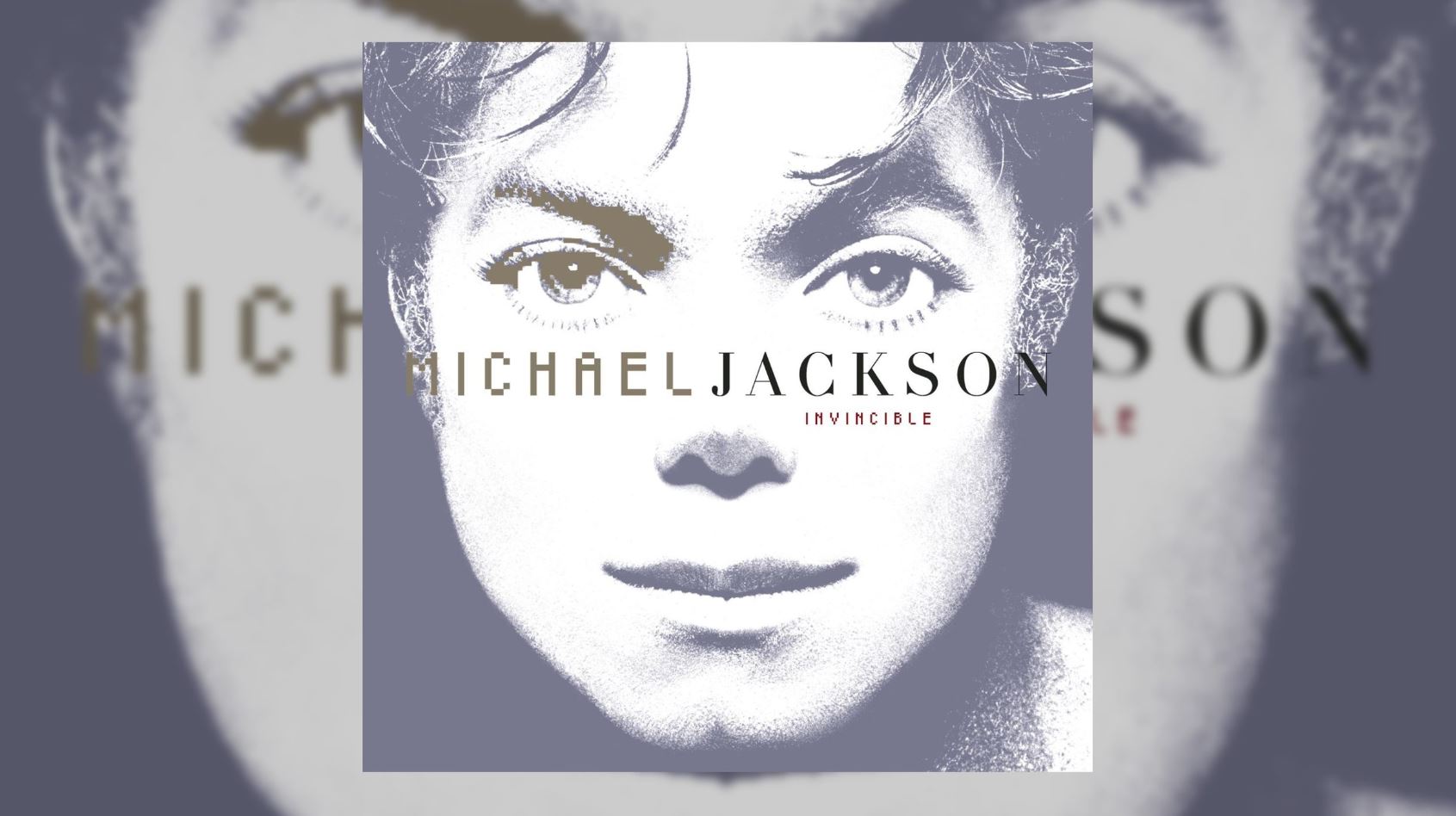
Retrospective reviews of “Invincible” have tended to be more favorable, with critics and fans acknowledging the album’s artistic merits more generously after Jackson’s death in 2009. Over time, tracks that were once overlooked have been celebrated for their experimental sounds and lyrical depth, highlighting Jackson’s foresight in music production and thematic exploration.
| Aspect | Details |
|---|---|
| Initial Reception | Polarized; praised for innovation and production quality, but criticized for not matching the impact of “Thriller” and “Bad.” |
| Comparative Expectations | Often compared unfavorably to Jackson’s previous successes, with high expectations possibly leading to initial disappointment. |
| Chart Performance | Debuted at number one on the Billboard 200, certified double platinum by the RIAA, and topped charts internationally in the UK, Australia, France, and Germany. |
| Retrospective Views | More favorable after Jackson’s death in 2009, with a greater appreciation for the album’s artistic merits and experimental sounds. |
| Legacy | Over time, overlooked tracks have been celebrated for their experimental sounds and lyrical depth, showcasing Jackson’s foresight in music production and thematic exploration. |
Singles and Key Tracks
The album’s lead single, “You Rock My World,” was a commercial success and was well-received by audiences worldwide, peaking within the top ten in multiple countries. Its accompanying music video, featuring a cinematic narrative style reminiscent of Jackson’s earlier works, helped revitalize interest in his new music. “Cry” and “Butterflies” were also released as singles, each showcasing different facets of Jackson’s musical style. “Cry” focused on global unity and healing, resonating with Jackson’s humanitarian themes, while “Butterflies” offered a softer, more introspective take on love and vulnerability.
Promotional singles like “Speechless” and “Whatever Happens” received less commercial attention but have been critically acclaimed for their musical and lyrical depth. “Speechless” is often noted for its pure, emotional delivery, which Jackson said was inspired by a joyful water balloon fight with children. This track stands out as a testament to his ability to draw inspiration from simple pleasures, turning them into profound artistic expressions.
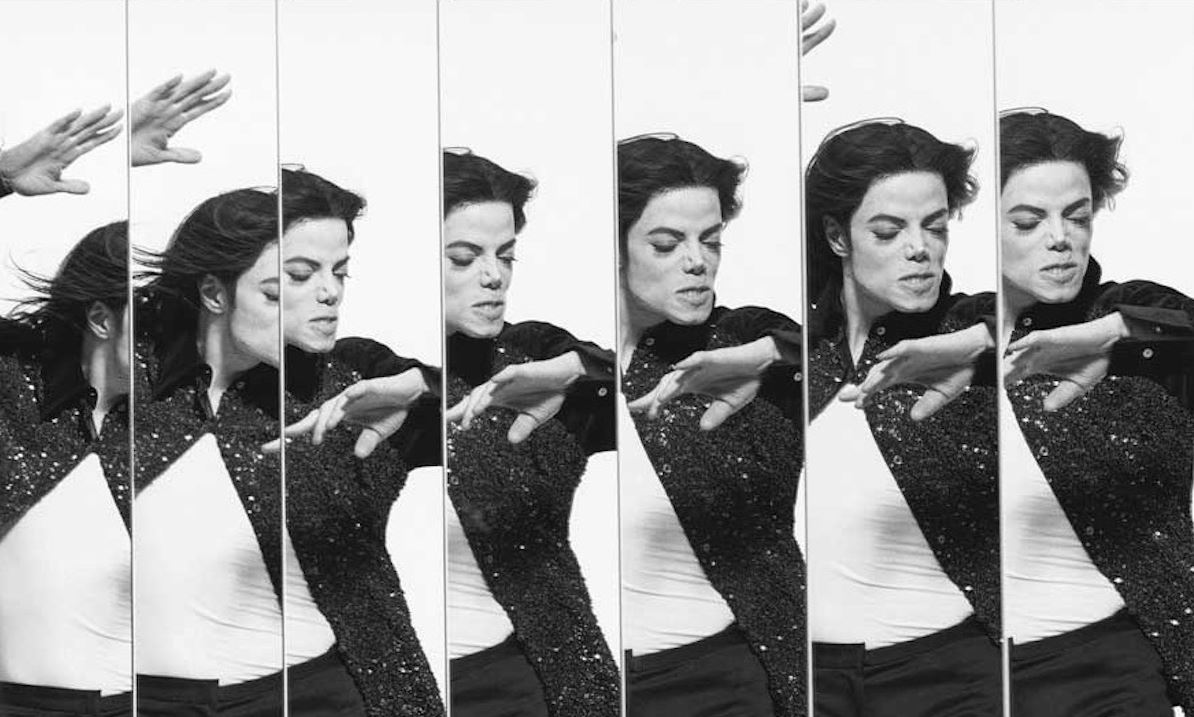
“Whatever Happens,” featuring the guitar work of Carlos Santana, delves into themes of resilience and uncertainty in relationships. The track showcases Jackson’s storytelling prowess through its compelling lyrics and Santana’s emotive guitar playing, which complements Jackson’s vocal performance beautifully. The song has been highlighted for its narrative strength and musical complexity, embodying the mature aspect of Jackson’s artistry in “Invincible.”
“Invincible” represents a significant chapter in Michael Jackson’s career, marked by its ambitious production and the challenges it faced upon release. The album’s singles and key tracks continue to receive praise for their innovative soundscapes and emotional depth. As time passes, “Invincible” stands not only as the final album of Jackson’s life but also as a bold statement of his enduring influence in the music industry. Its evolving reception reflects a growing appreciation for an album that, while once met with mixed reviews, has proven its significance in the broader context of Jackson’s illustrious musical legacy.
| Single/Track | Details |
|---|---|
| “You Rock My World” | Lead single; commercial success, peaking within the top ten in multiple countries. Featured a cinematic music video that revitalized interest in Jackson’s new music. |
| “Cry” | Single focusing on global unity and healing, resonating with Jackson’s humanitarian themes. |
| “Butterflies” | Single showcasing a softer, more introspective take on love and vulnerability. |
| “Speechless” | Promotional single noted for its emotional delivery, inspired by a joyful experience and praised for its lyrical depth. |
| “Whatever Happens” | Features Carlos Santana on guitar; delves into resilience and uncertainty in relationships, celebrated for its narrative strength and musical complexity. |
| Album Overview | “Invincible” marks a significant chapter in Jackson’s career with ambitious production. It faces challenges upon release but gains appreciation over time for its innovative soundscapes and emotional depth. |
| Legacy | The album’s evolving reception highlights its significance in Jackson’s musical legacy, reflecting the enduring influence of his final studio album. |
Impact and Legacy
“Invincible,” Michael Jackson’s final studio album, has carved out a unique place in the annals of music history. Though initially met with mixed reviews and overshadowed by controversy, its influence has grown over time, showcasing Jackson’s foresight and innovation in music production. One of the album’s most enduring legacies is its role in pioneering elements that would later influence the dubstep genre. Tracks like “Heartbreaker” and “Threatened” incorporate complex rhythms, deep bass, and sound effects that predate the mainstream popularity of dubstep, highlighting Jackson’s role as a musical innovator who was ahead of his time.
Following Jackson’s death in June 2009, “Invincible” experienced a significant resurgence in popularity. The album re-charted on numerous global music charts, with sales soaring as both old fans and new listeners sought to reconnect with Jackson’s work. This posthumous recognition underscored the depth of Jackson’s impact on music and culture, extending far beyond the initial commercial success of his albums.
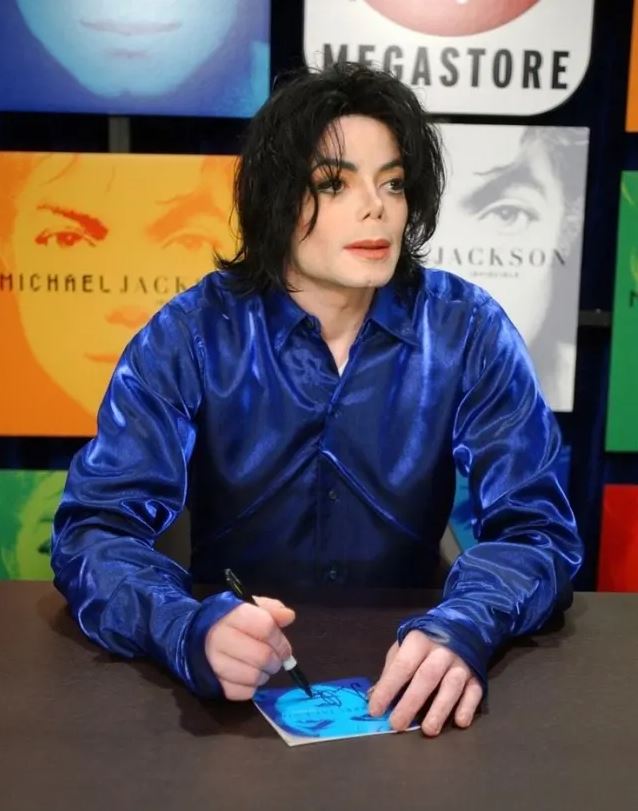
Today, “Invincible” is increasingly regarded as a significant piece of Michael Jackson’s discography, particularly among his most devoted fans. While it may not have achieved the legendary status of “Thriller” or “Bad,” “Invincible” is appreciated for its artistic qualities and the personal stamp Jackson put on every track. It is seen as an album that encapsulates the challenges and pressures Jackson faced during its production and as a testament to his undying commitment to his artistry.
| Aspect | Details |
|---|---|
| Initial Reception | Mixed reviews, with criticism often centered around it not reaching the heights of “Thriller” or “Bad.” Controversies at the time also overshadowed its release. |
| Musical Innovation | Pioneering elements that influenced the dubstep genre, with tracks like “Heartbreaker” and “Threatened” featuring complex rhythms and deep bass. |
| Posthumous Popularity | Following Jackson’s death in June 2009, “Invincible” saw a resurgence in popularity, re-charting globally and experiencing a spike in sales. |
| Current Status | Increasingly regarded as a significant piece of Jackson’s discography, especially among his most devoted fans. Appreciated for its artistic qualities and the personal touch Jackson put on each track. |
| Legacy | Seen as an album that encapsulates the challenges and pressures faced by Jackson during its production, showcasing his commitment to his artistry and musical foresight. |
Reflecting on “Invincible,” we see an album that captures the essence of Michael Jackson’s complex persona and his undying passion for music. Despite facing unprecedented challenges during its production—ranging from industry disputes to personal trials—Jackson succeeded in producing an album that was both innovative and deeply personal. The album’s creation process, marked by meticulous attention to detail and a significant financial investment, reflects his dedication to pushing musical boundaries and delivering a product worthy of his artistic vision.
The impact and legacy of “Invincible” are multifaceted. It stands as a pioneer in sound production, hints at future musical trends, and serves as the final chapter in the career of one of the world’s most groundbreaking artists. The increased appreciation for the album following Jackson’s death speaks volumes about its depth and the lasting appeal of his music.
Michael Jackson’s influence through “Invincible” and his entire body of work remains profound. As we continue to explore and understand the nuances of this album, it becomes clear that “Invincible” is more than just a collection of songs. It represents the enduring spirit of an artist who, despite facing immense personal and professional challenges, never ceased to innovate and inspire. “Invincible” is a testament to Michael Jackson’s legacy as a musician who reshaped the music landscape, leaving an indelible mark that continues to influence artists across genres and generations.
In the larger context of Jackson’s career, “Invincible” stands as a bold assertion of his artistic identity. It encapsulates his struggles, his triumphs, and, ultimately, his undying commitment to his craft. This album, rich with emotion, complexity, and innovation, is a fitting finale to the storied career of the King of Pop, offering a final reminder of his genius and the universal appeal of his music.
